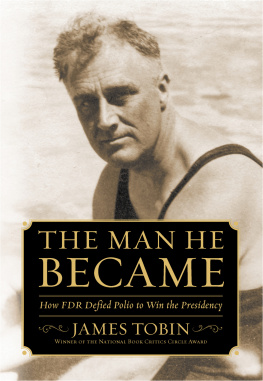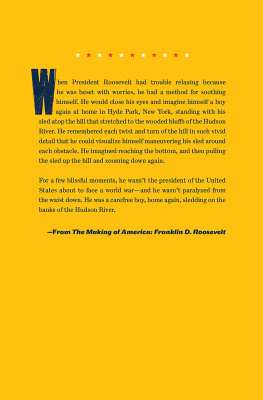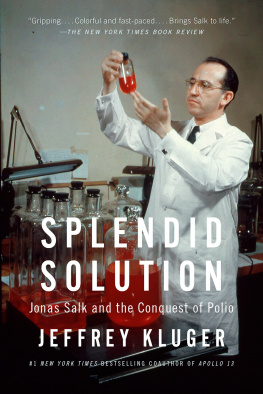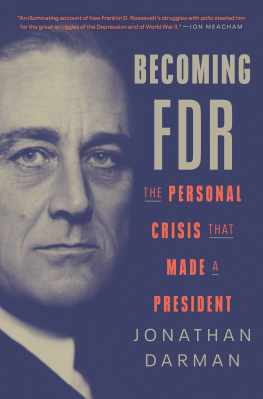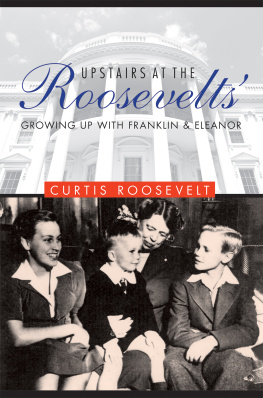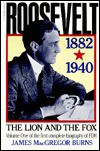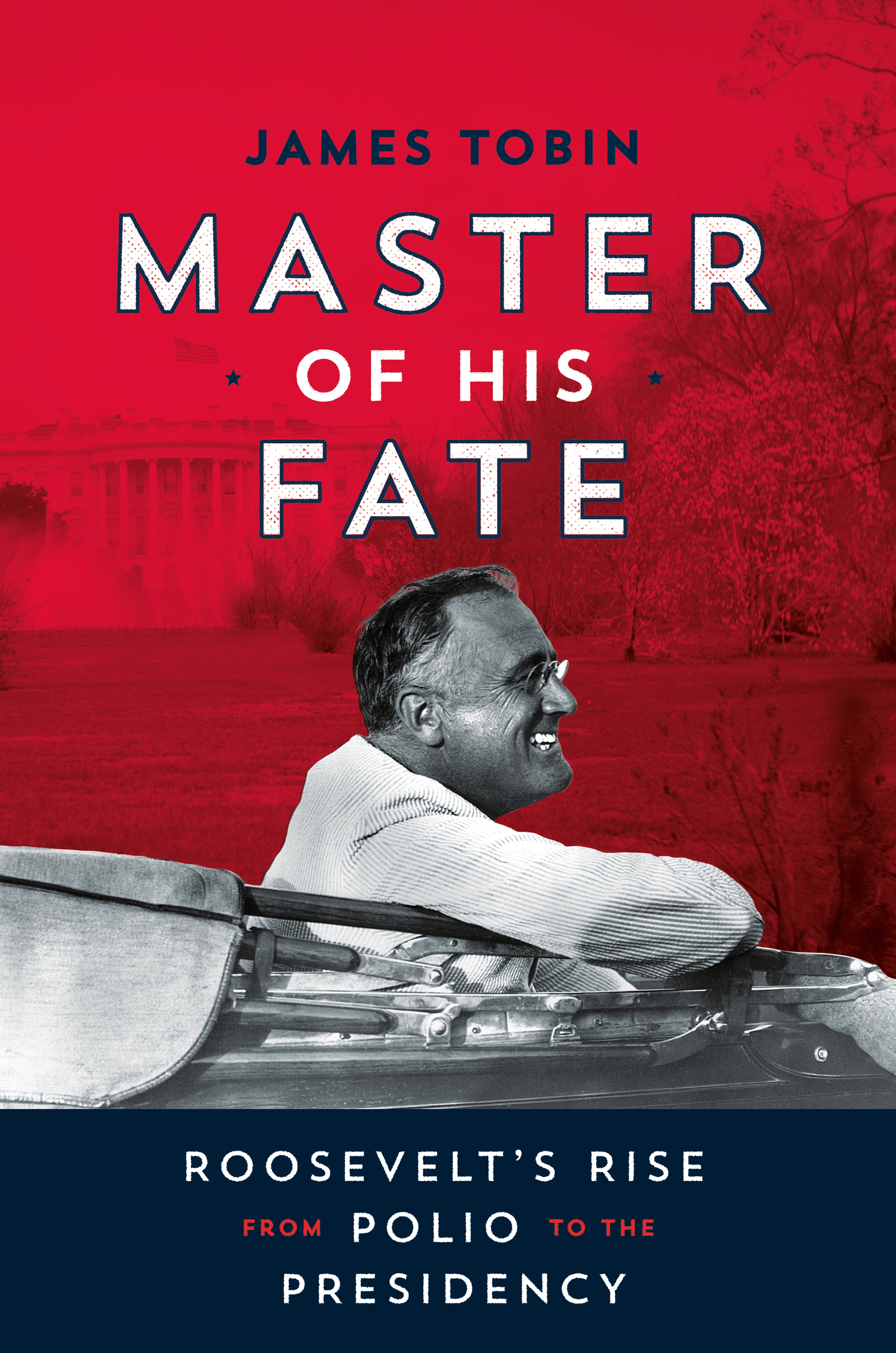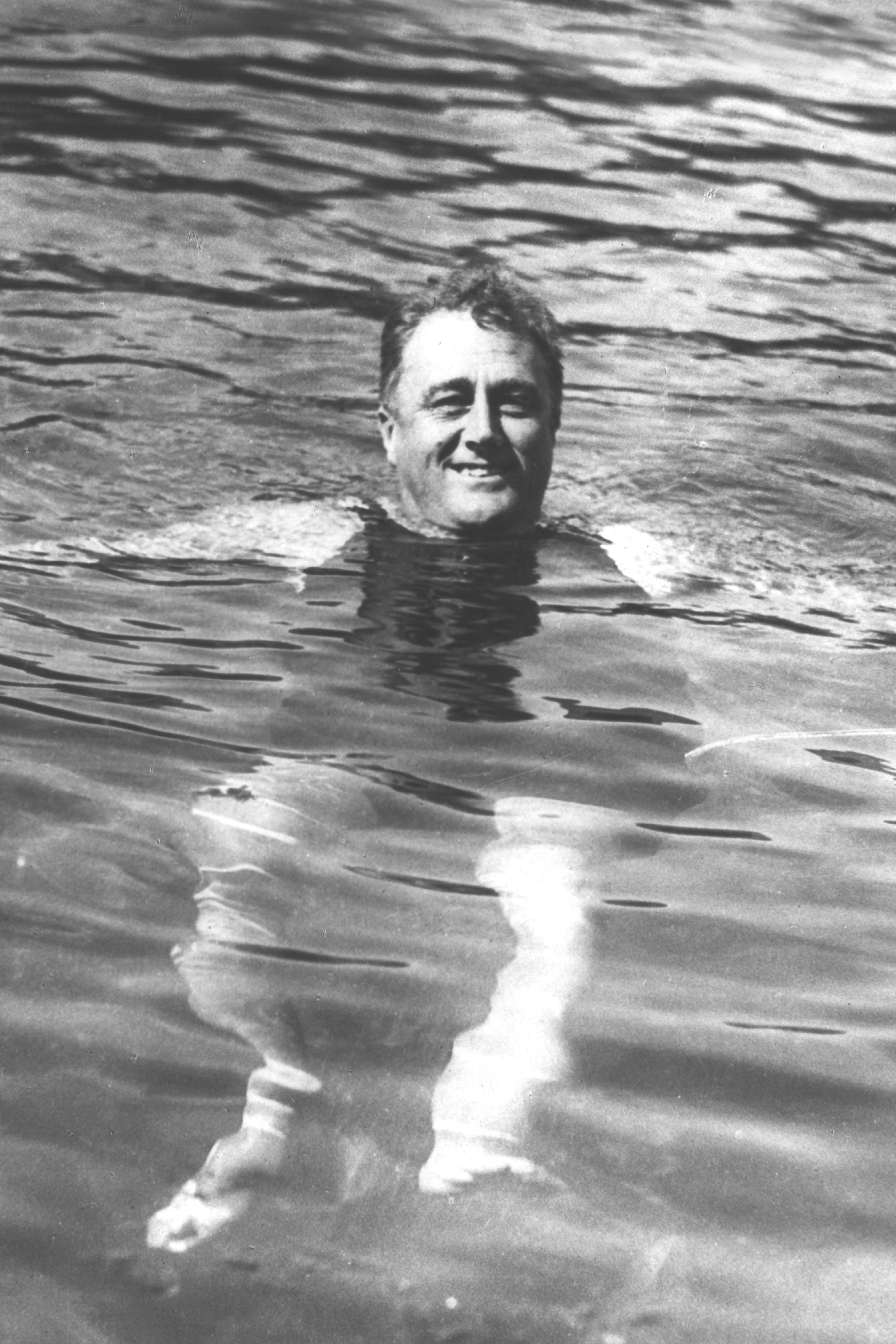The author and publisher have provided this e-book to you for your personal use only. You may not make this e-book publicly available in any way. Copyright infringement is against the law. If you believe the copy of this e-book you are reading infringes on the authors copyright, please notify the publisher at: us.macmillanusa.com/piracy.
REMEMBER THIS STORY WHEN SOMEONE SAYS, YOULL NEVER BE ABLE TO DO THAT.
One day while Franklin Delano Roosevelt was president, someone asked him to name his favorite poem. His taste in reading ran more to factual matters, especially political history and geographyeven atlases, which he studied so closely that he knew the elevations of various mountains around the world. But he did like one poem in particular, he said. The title was Invictus. The author was an Englishman named William Ernest Henley (18491903).
Its a short poem that tells of the writers determination to stay strong in the midst of terrible troubles. The title is Latin for unconquerable.
Out of the night that covers me,
Black as the pit from pole to pole,
I thank whatever gods may be
For my unconquerable soul.
In the fell clutch of circumstance
I have not winced nor cried aloud.
Under the bludgeonings of chance
My head is bloody, but unbowed
It matters not how strait the gate,
How charged with punishments the scroll,
I am the master of my fate:
I am the captain of my soul.
Why that poem?
Roosevelt may have known that William Ernest Henley suffered from Potts disease, a painful form of tuberculosis that invades the bones. When Henley was sixteen, his left leg had to be amputated. At twenty-eight he was told he would lose his right leg, too. But he found a new surgeon who managed to save the leg in a series of delicate operations. In the hospitals recovery ward, Henley wrote Invictus.
This book is about why Invictus spoke to and for Franklin Roosevelt.
At first, fate had been kind to him, placing him in a famous and wealthy family blessed with every advantage. But in 1921, when he was thirty-nine years old, fate turned cruel, cutting short the pursuit of his dreams.
Thats where this story beginswith the bludgeonings of chance that suddenly fell upon Roosevelt. Then it tells about the decision he had to makewhether to drop back into a quiet life of comfort or to fight on. His choice revealed much about his character. What he did for the next ten years revealed much more, and that is the rest of the story.
The book ends just as Roosevelt is about to embark on his twelve years in the presidency. He was inaugurated on March 4, 1933, the deepest point of the Great Depression. He served until his death twelve years later, on April 12, 1945, near the end of World War II.
Those were the most dangerous years the American people had endured since the Civil War of the 1860s. Without Roosevelts leadership, the crises of economic depression and war might have turned into catastrophes. When historians are asked to rank the countrys greatest presidents, four names always appear at the top of the list: George Washington, Thomas Jefferson, Abraham Lincoln, and Franklin Rooseveltor FDR, as he so often signed documents and letters, in bold, slashing diagonals that captured the vaulting energy of his personality.
To understand America in those hard times, you have to know who Franklin Roosevelt really was. As the journalist Joseph Alsop, a distant cousin of Roosevelts, later wrote: One of the central problems facing anyone dealing with Franklin Roosevelts personal history is just what made him the man he became. This story is one of the keys that unlocks that mystery.
He followed a twisting path to the mastery of his fate. He learned that to be unconquerable was not a matter of sheer willpower. It was more complicated than that. It required seeing and facing the truth. It meant failing and starting again, then failing again and trying something new. It depended on flexibility and perseverance, not brute strength. By the time he reached the White House, he had learned that while no one hopes for misfortune, it can lead to unexpected opportunities and rewardseven to greatness.
Writing a biography is like opening an old box full of the jumbled pieces of a jigsaw puzzle and then discovering that many pieces are missing.
Biographers search for the fragments of a persons life that have survived the passage of timethings like old letters written in scratchy handwriting, articles clipped out of forgotten newspapers, grainy black-and-white photos. Then they try to fit the fragments together to form a picture that captures the essence of the persons life.
Pieces are always missing. Some biographers spend decades searching for them. But the puzzle can never be complete, even when the subject is someone like Franklin Roosevelt, who kept just about everything and who was observed as closely and remembered as vividly as any American of the twentieth century. In his case, it sometimes seems as if the holes outnumber the pieces.
So what to do?
We study the pieces that surround a hole and say to ourselves, I bet I know what goes in that holeits obvious from the pieces all around it.
Or we ask questions and suggest possible answers: What goes there?Maybe this; maybe that. But we never know for sure which answer, if any, is right.
Some biographers pretend theyve found every missing piece. They tell the story as if they know more than they really do.
Others are honest about the missing pieces. When they have questions they cant answer, they say so. They tell the reader when theyre speculating.
Doing it the first way can make a story more readable. When all the missing parts are filled in, the biography reads more like a novel.
But if readers get suspiciousif they think, Wait does the author know that for sure?then the ground starts to shake beneath their feet. The readers dont know what to trust. They want a good story, yes, but when they read a biography, they also want the truth.
So I like doing it the second waybeing straight with the reader about whats known for sure and whats educated guesswork. Its better to say, I dont have every piece of the puzzle. Ill tell you when Im speculating and when I have questions I cant answer for sure. Ill give you my best judgments. But thats what they arenot the absolute truth.
Anyway, to me, the mystery of the missing pieces makes the past all the more fascinating.
Some people may object to the very idea of a biography of a privileged man who, as president, made certain decisions that now look wrongheaded, even hurtful.
But a biography is not a monument to its subject. Its not a marble statue to revere as if it symbolizes an ideal human being. Granted, Franklin Roosevelt was hardly that. For all his strengths, even greatness, he had his flaws as anyone does. He could be selfish and petty. He had biases and blind spots. But if we ignore him and others because they made what we now call mistakes, we run the risk of blinding ourselves.
A good biography is much more like a museum than a memorial. The book invites us into the subjects world, where we can watch them respond to challenges. We can study the personality behind the deeds. We can see how the world shapes the individual and how the individual shapes the world in turn. In a biography, as in life, thats the way we learn how to shape our own worlds.


